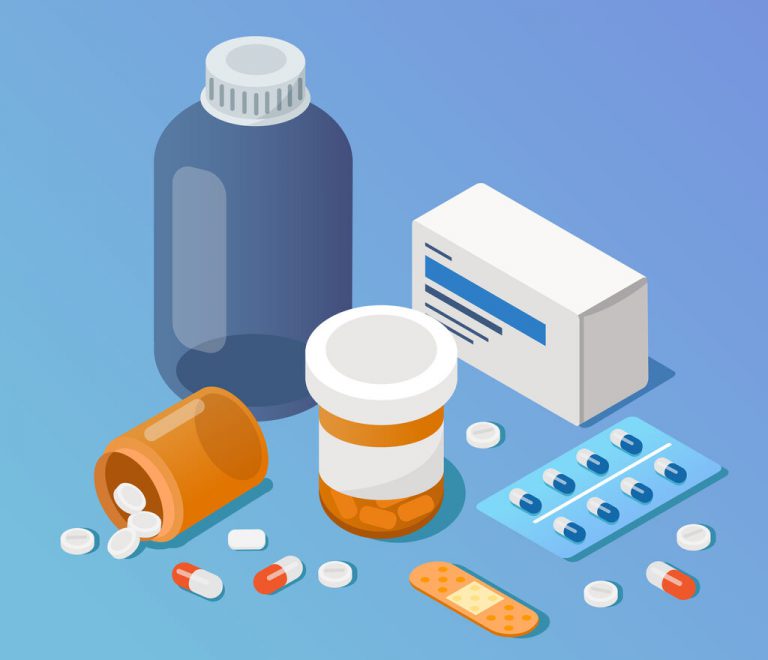Are you aware of the importance of medication monitoring with MDS in improving therapeutic outcomes in chronic diseases?
Treatment success depends on active patient engagement and coordinated intervention from health professionals to harness treatment effectiveness and safety. The role of the pharmacist in detecting, preventing, and resolving Drug Related Problems (DRPs) is therefore key.
Medication Monitoring (MM) is a pharmacy care service intended to reduce the risks associated with drug use and improve therapeutic outcomes. It often forms part of a Monitored Dosage System (MDS), ensuring patient care continuity and enhancing quality of life.
MM and MDS
MM is a pharmacy service aimed at optimizing good drug use by repackaging it in patient-specialized and customized blisters to guarantee correct use of the drugs the physician prescribes.
In visit after visit, an MDS medication monitoring service enhances therapeutic outcomes around adherence. Complications and hospital admissions are thus reduced, improving quality of life and delivering health expenditure savings.

Pharmacist-patient relationship
Medication monitoring makes it possible to identify adherence barriers and proposes patient-centered solutions (e.g., use of an MDS). Good pharmacist-patient relationships, based on trust and empathy, are therefore very important.
What do patients want from their pharmacist?
- Friendly and polite.
- Empathic.
- Listens.
- Pro-active.
These attributes in turn help the patient actively engage in managing their disease and therefore improve their quality of life.
Patient empowerment
Why is it important to empower patients?
An empowered patient is an informed patient with critical thinking skills. Pharmacists can leverage their position and expertise to educate patients around drug use through health education programs.
An empowered patient is capable of managing their chronic disease themselves, ensuring their involvement and participation and improving therapeutic outcomes. Patients who take a healthy approach to their disease have been shown to achieve a better quality of life.
MM is a service of interest in achieving these goals, making it possible to reduce drug-related problems, establish improvement goals, and evaluate treatments. It also helps patients feel more supported and confident about managing their disease.
